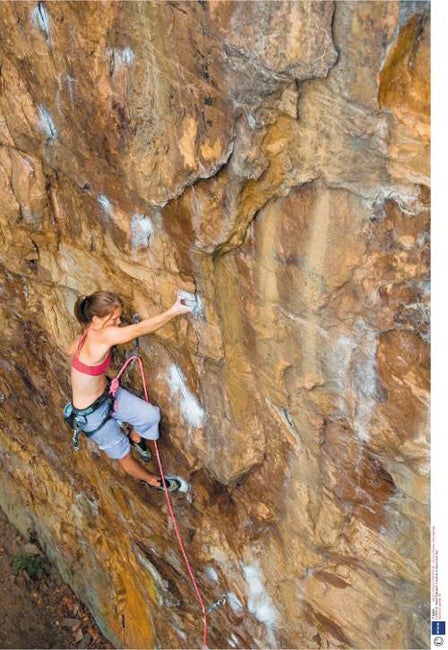'Dangerously thin' climbers face ban

Your support helps us to tell the story
From reproductive rights to climate change to Big Tech, The Independent is on the ground when the story is developing. Whether it's investigating the financials of Elon Musk's pro-Trump PAC or producing our latest documentary, 'The A Word', which shines a light on the American women fighting for reproductive rights, we know how important it is to parse out the facts from the messaging.
At such a critical moment in US history, we need reporters on the ground. Your donation allows us to keep sending journalists to speak to both sides of the story.
The Independent is trusted by Americans across the entire political spectrum. And unlike many other quality news outlets, we choose not to lock Americans out of our reporting and analysis with paywalls. We believe quality journalism should be available to everyone, paid for by those who can afford it.
Your support makes all the difference.The Swiss mountaineer John Salathe once described rock climbing as "the finest, most healthiest sport in the whole world".
But there are concerns that a number of athletes are shedding unhealthy amounts of weight in order to gain a competitive edge.
In endurance climbing, where every spare gram of unwanted weight could sap valuable energy during a climb, there are fears that female athletes in particular may be prone to dangerous eating disorders such as bulimia and anorexia.
In Austria, the problem has become so acute that the country's climbing federation has banned any dangerously underweight athletes from competing until they put on an adequate amount of weight. Those athletes with a body mass index (BMI) reading of less than 17 when the rules are introduced next year will not be allowed to compete. Until then, those on the borderline have been ordered to see a doctor for advice about the effects of low weight and anorexia.
In December, the International Olympic Committee granted provisional recognition to the International Federation of Sport Climbing, moving the sport a step closer to becoming an official Olympic sport. But the Austrian federation's actions have sparked a debate within the climbing fraternity as to whether the sport is indeed blighted by eating disorders.
Earlier this month, Jens Larssen, who runs 8a, the world ranking organisation for rock climbing, announced his system might also introduce some sort of regulation. "I know for a fact that some of the very best female climbers are either anorexic or have been anorexic," he said. "It exists just as much at the top level of climbers as anywhere else. I know many of these people personally; they're my good friends but I don't want them to become role models."
Climbing can demand an extremely high strength-to-weight ratio. Mr Larssen believes many female athletes choose to lose weight rather than build up muscle strength. "It's such a successful formula that some of the best female athletes are as good as the best male climbers," he said. "There's nothing wrong with that as long as it is achieved through healthy means."
Professor Wolfram Müller, from the University of Graz, conducted the research that made the Austrian federation introduce its BMI limits. "It doesn't make sense to go to such a low weight and those that do should be monitored and if necessary there should probably be some sort of regulation to stop dangerously light athletes from competing," he said.
Join our commenting forum
Join thought-provoking conversations, follow other Independent readers and see their replies
Comments